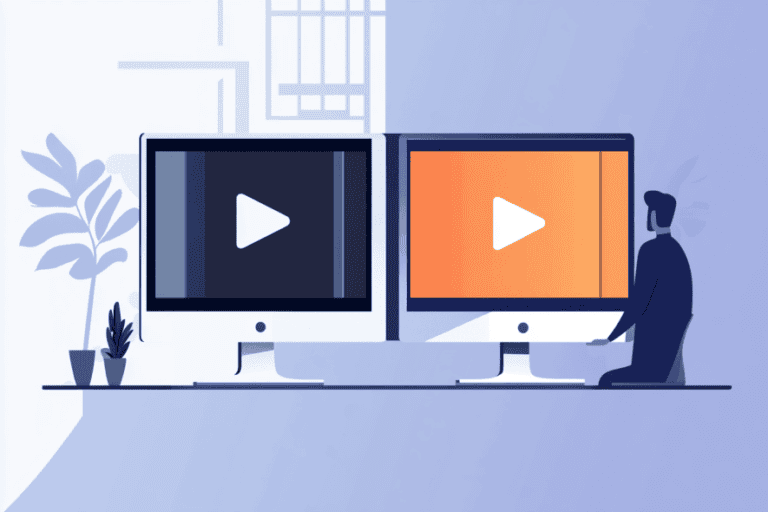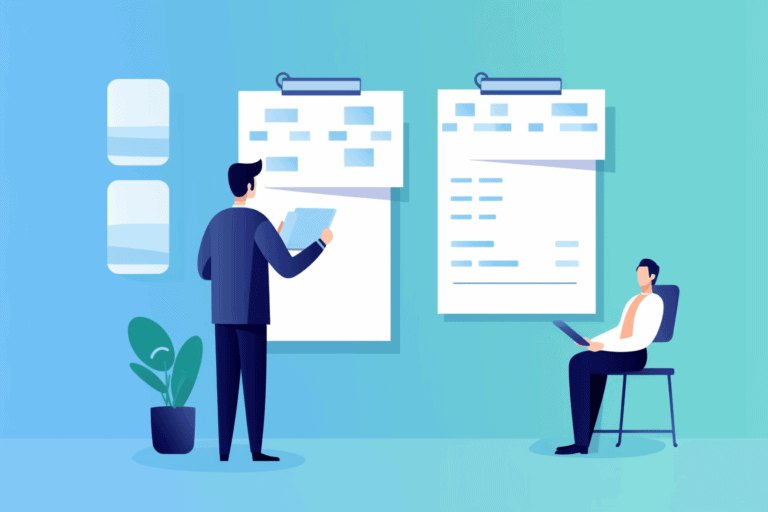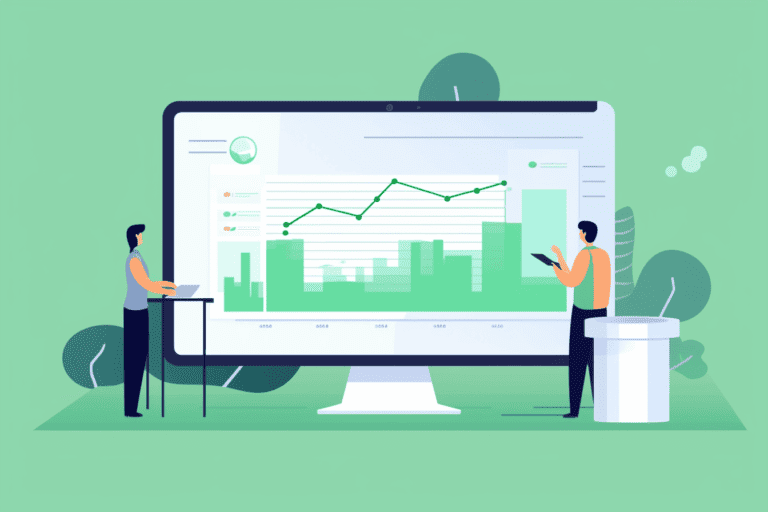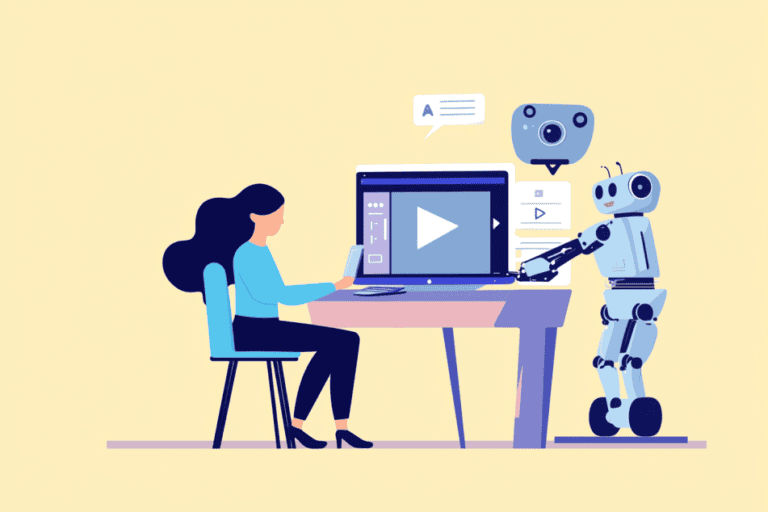What is AI Time Tracking?
Ever felt lost in the chaos of your work week, struggling to remember how you spent your hours?
Or are you a business owner who grapples with the challenges of overseeing your team’s productivity?
You’re well aware of the importance of tracking work hours, but the tediousness of traditional methods is becoming a roadblock to gaining valuable insights into your team’s activities.
You’re not the only one. Traditional time-tracking methods, which often involve manually noting down start and end times or using spreadsheets, can be too cumbersome and inaccurate.
And, who really has time for that in our bustling work lives? But what if there was a smarter way to do it?
Enter AI-Powered Time Tracking, the automatic, smart way of keeping tabs on your time. This method uses artificial intelligence to automatically track and categorize what you spend your time.
In this blog post, we’ll talk about the following:
- Evolution of Time Tracking
- Types of time tracking
- What are the benefits of time tracking
- What is AI time tracking
And more!
If you find yourself frustrated by losing track of time, rest assured – by the end of this read, you might just discover the solution you’ve been seeking.
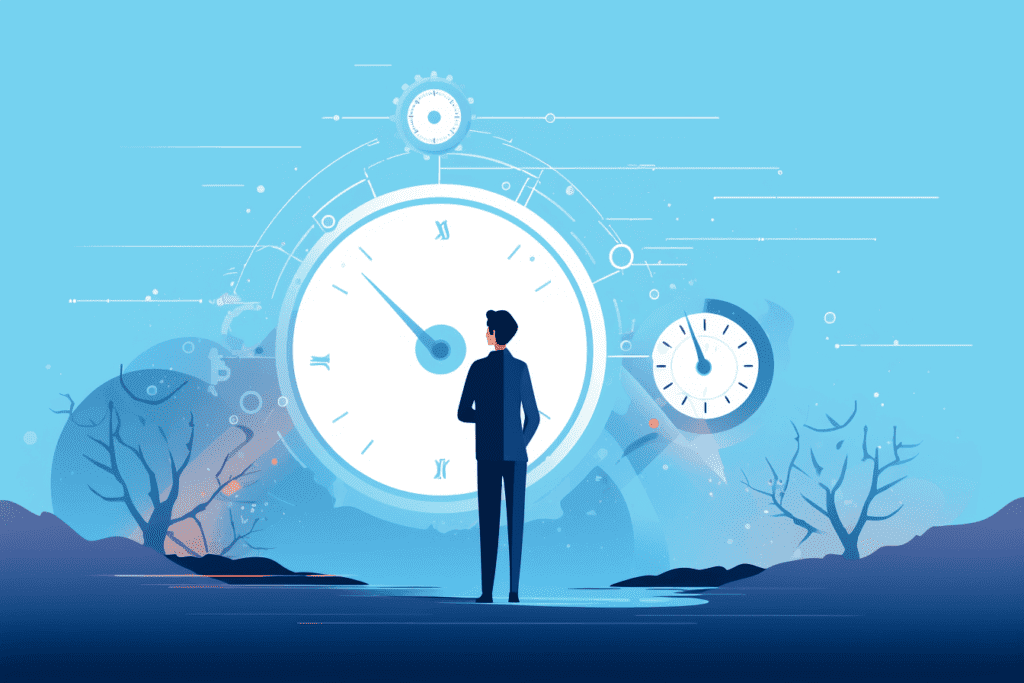
What is AI time tracking?
AI time tracking is a technology that uses artificial intelligence to automatically monitor and categorize how you spend your time, providing accurate insights and enhancing productivity.
Evolution of Time Tracking
Let’s take a trip back in time (pun intended!). Do you remember the good old days when time tracking was all about jotting down your hours on paper timesheets or, later, inputting data into spreadsheets?
These traditional tracking methods gave you some insight into how your hours were being spent, but they lacked precision and were often time-consuming.
Fast forward to today, and the landscape has dramatically changed.
We now have AI time trackers that harness machine learning to provide you with a complete overview of your time spent, whether it’s on different tasks, various projects, or even those quick peeks at social media when you think no one’s watching!
These tracking apps can tell how much time you’re dedicating to deep work as opposed to how often you’re distracted.
You now have the data to understand your focus time, productive time, and even offline time. Isn’t it amazing how far we’ve come?
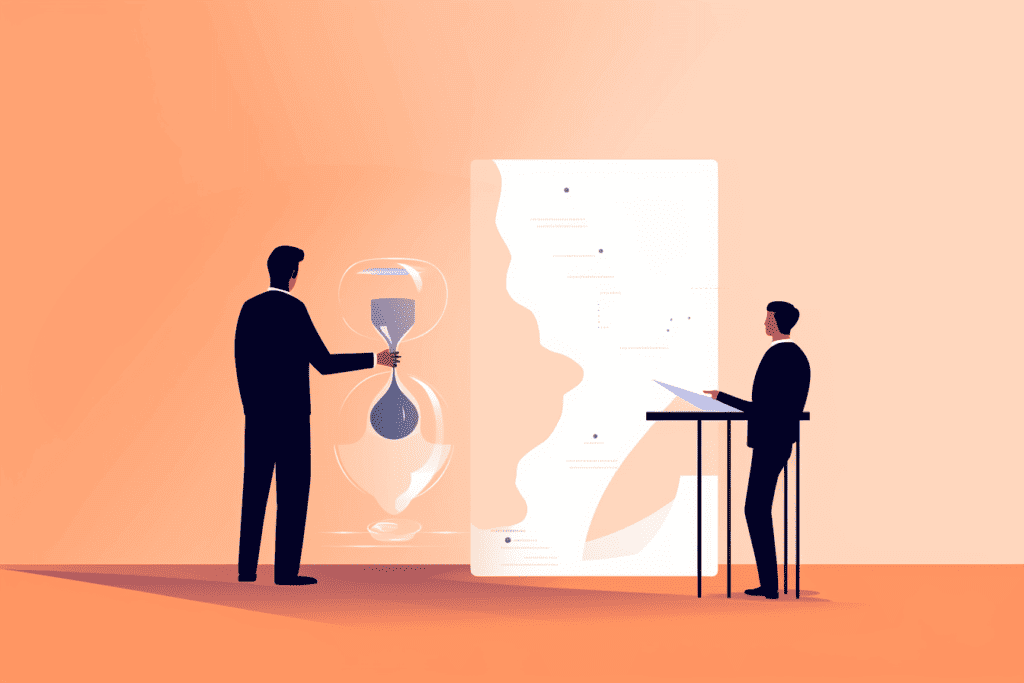
Types of Time Tracking
Let’s have a look at the different types of time tracking methods.
1. Manual Time Tracking:
This traditional approach involves manually recording tasks and time allocation using methods like spreadsheets or even pen and paper. It’s akin to logging your work hours by hand.
For instance, a freelance graphic designer might use a spreadsheet to note down the time spent on each client’s project.
2. Automatic Time Tracking:
Software takes the lead here, automatically logging your time based on your activities and applications. It’s like having an invisible assistant that knows exactly when you’re in the zone.
Imagine a content creator using an app that detects when they’re working in Photoshop and records the time spent on each design.
3. AI-Powered Time Tracking:
AI algorithms step in to intelligently categorize and analyze tracked time, providing insights beyond basic tracking.
Think of it as your time tracker getting an upgrade to become your productivity analyst.
A digital marketer, for instance, could use AI to differentiate between time spent on keyword research and time spent on social media engagement.
4. Project-Based Time Tracking:
Here, the focus is on tracking time spent on specific projects, which aids in effective resource allocation and project management.
A software developer may use a tool that monitors the hours invested in developing a particular feature of an application.
5. Employee Time Tracking:
For managerial purposes, employee time tracking involves monitoring and recording work hours. This is particularly useful for payroll management and attendance tracking.
An HR manager might use a dedicated system to ensure accurate records of employee work hours.
Manual Time Tracking Tools

Some of the manual time tracking tools have been around for quite some time, and they do offer some benefits for individuals and companies.
Let’s take a closer look at these tools:
Spreadsheets
These are traditional time management tools that have been around for decades to track time spent. They are simple, easy to use, and can be customized according to your needs.
You, along with unlimited team members, can manually enter the hours spent on different tasks, projects, and clients. Every week, you can review how much time was spent and where.
Stop Timers
These are tracking tools that run in the background while you work on tasks.
Once you start a task, you start the timer, and stop it when you’re done. It’s a straightforward method to record your billable time.
Desktop Widget
These tools stay on your desktop all the time.
They allow you to track time effectively by allowing you to easily start, pause, or stop tracking as you shift between tasks.
Project Management Tools
Some of these come with built-in time trackers. They are ideal for teams working on various projects. You can have a complete overview of how much time is being spent on each project.
Pros and Cons of Spreadsheet Time Tracking
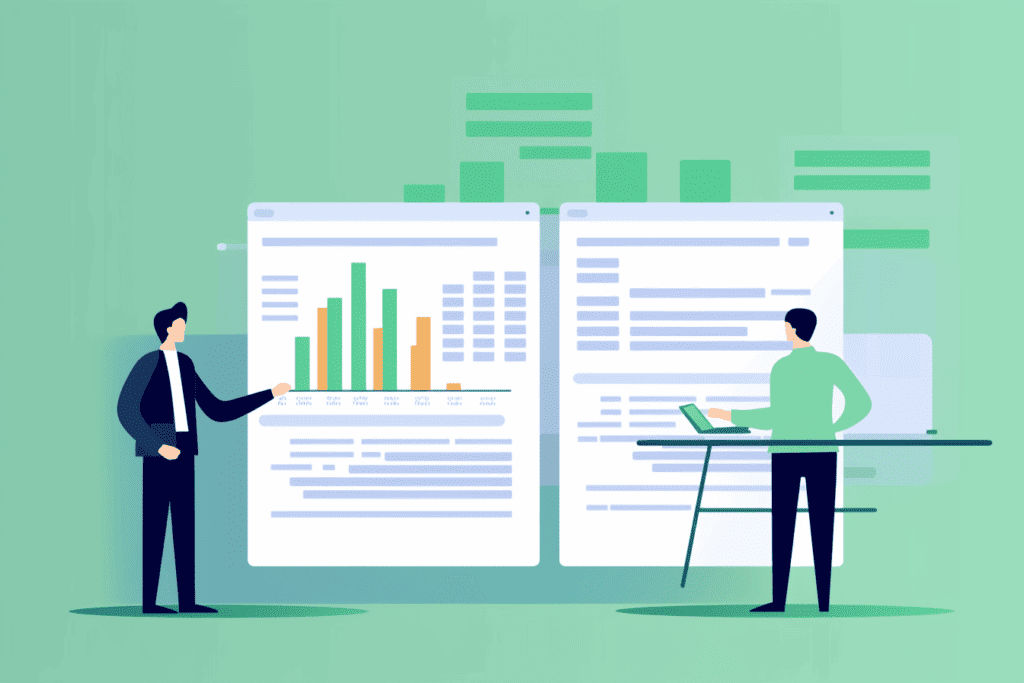
Even in this age of AI technology, you might be surprised to learn that some companies still rely on spreadsheets as their primary time tracking tools. Here’s how to track time in a spreadsheet.
Why, you ask? Here’s some insight:
- Simplicity: Spreadsheets are straightforward – you enter hours spent on various tasks, and voila! You have your data.
- Unlimited users: Since spreadsheets aren’t subscription-based, companies can have as many employees on board as needed.
- Customizable: You can create your own systems for tracking different tasks, allowing for a degree of flexibility.
- No costs: Spreadsheets come with your computer, so there’s no need to invest in extra features.
That being said, while spreadsheets may seem like a cost-effective option, they can fall short in providing a complete overview of how much time is spent on each project.
They also require manual entry, which can lead to errors and doesn’t allow for real time tracking. Moreover, they lack the focus time analysis and productive time insights offered by more sophisticated time tracking tools. So, while they may still be the go-to for some, others are looking towards more advanced solutions for managing their time effectively.
Benefits of AI Time Tracking
Moving forward, let’s consider the benefits of AI automated time tracking:
Accuracy and Efficiency
With an AI time tracking tool, the risk of human error is eliminated. Machine learning and AI algorithms precisely capture data, leading to a more accurate, and efficient way of tracking billable time. It’s like having a desktop app that works tirelessly, ensuring users get the most out of their hours.
Enhanced Productivity
Automated tracking tools allow you to focus on your core tasks, reducing the effort you put into manual tracking. It’s all about productive time and less about administrative work. This way, you can dive into deep work without any hitch.
Data-Driven Insights
AI time trackers generate comprehensive reports and analytics. This valuable information paves the way for effective resource allocation, project progress tracking, and performance analysis. Imagine getting a complete overview of different projects, all in real time.
Best AI Time Tracking Tools
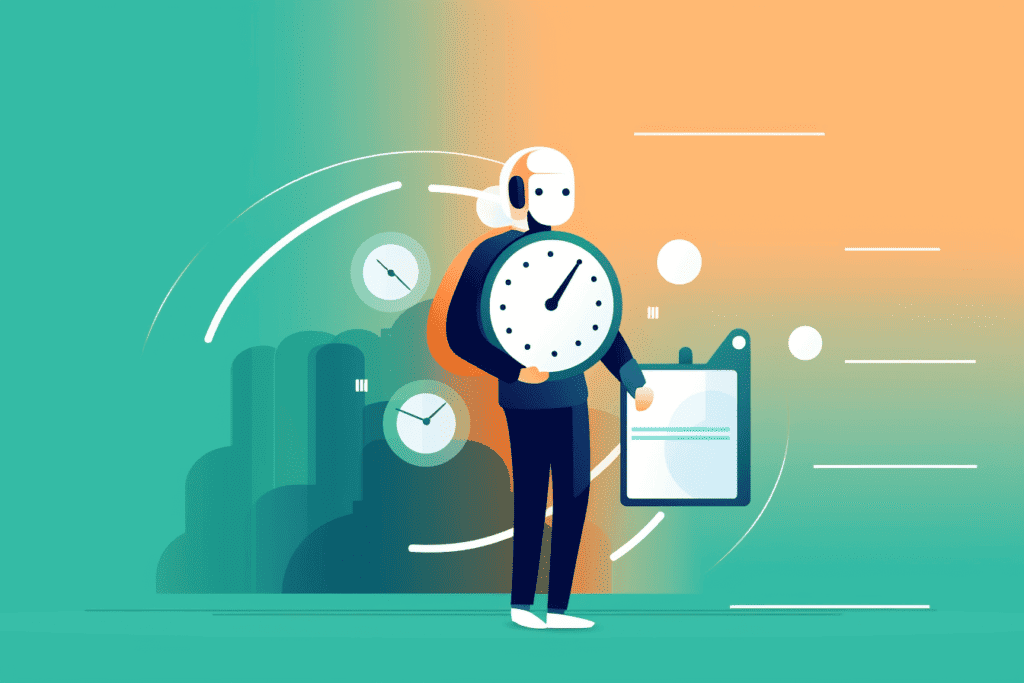
If you’re looking to make the switch to AI Time tracking solutions, you need to know about which tools might be good for you.
Some of the best AI time tracking apps include:
Best Timesheet Automation Tools
If you’re a freelancer, agency, or consultant looking for a timesheet automation tool, we recommend Clockify. It seamlessly calculates your billable hours, ensuring that every minute of your hard work is accounted for.
Best Productivity Tools for “Deep Work”
For those who are in pursuit of maximizing productivity during periods of ‘deep work’, RescueTime stands out. It helps you identify your most productive hours and activities, enabling you to optimize your workflows.
Best Employee Time Tracking Tool
As for employee monitoring tools, you may want to consider Time Doctor. This powerful app provides detailed insights into your team’s productivity, ensuring that everyone is on the right track. Another noteworthy tool is HubStaff, which also offers comprehensive productivity monitoring features.
Remember, the right tool for you depends on your specific needs and work style. So, take some time to explore these apps (some of them offer a free plan for you to try out the software) and find the one that fits you best.
Read our comprehensive comparison on different AI time tracking softwares.
Final Thoughts
In the grand scheme of things, AI time tracking is set to reshape our whole perception of productivity. Think about it: with the likes of Clockify, Rescue Time, and Time Doctor in your toolkit, you’re not just watching the clock; you’re peering into the intricate dance of your daily routines.
This isn’t just another tech fad promising to skyrocket your productivity. It’s about decluttering your work life, turning chaos into streamlined efficiency. But as we ride the AI wave, let’s not forget the bedrock of ethics – safeguarding privacy is paramount.
Give AI time tracking a try and let AI propel you (and your team) towards greater efficiency and success!
